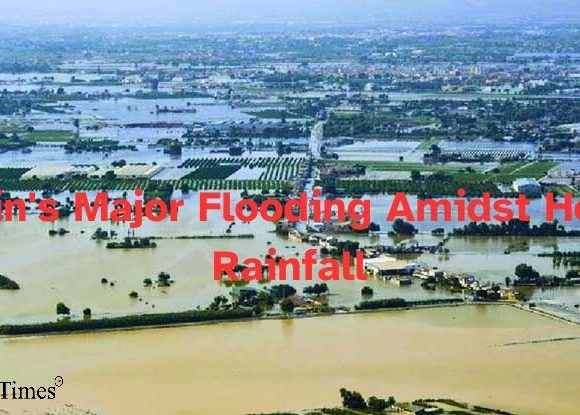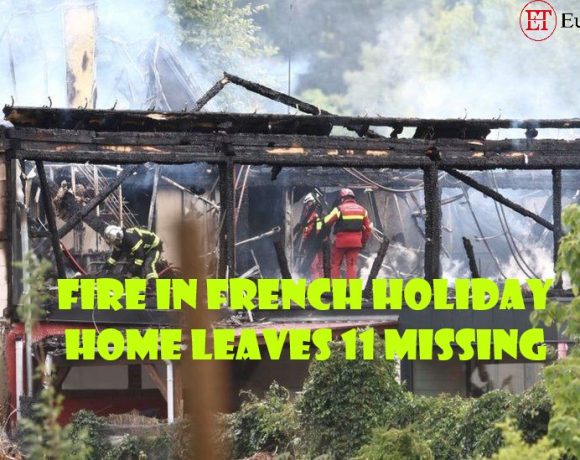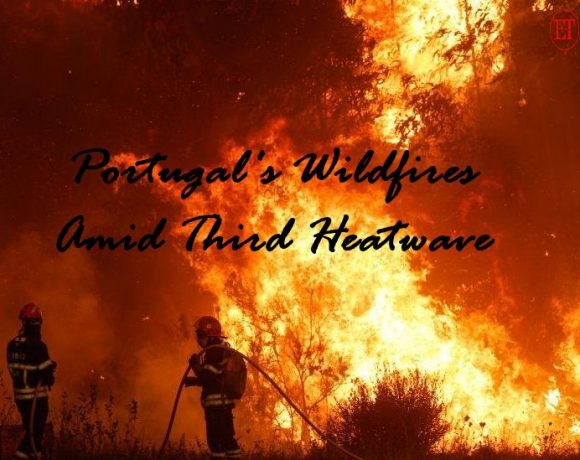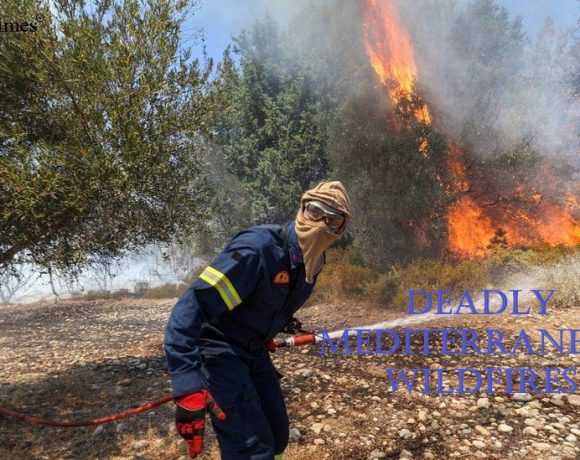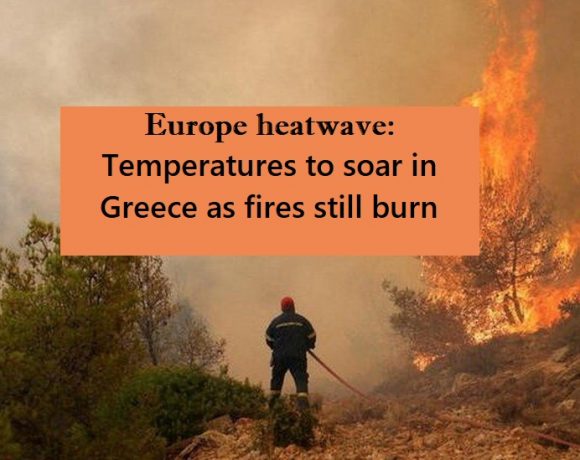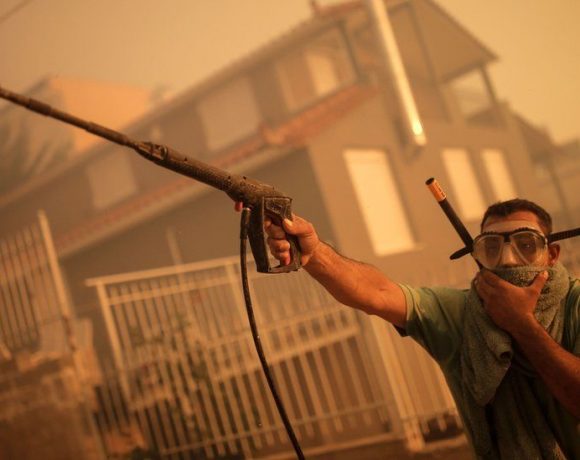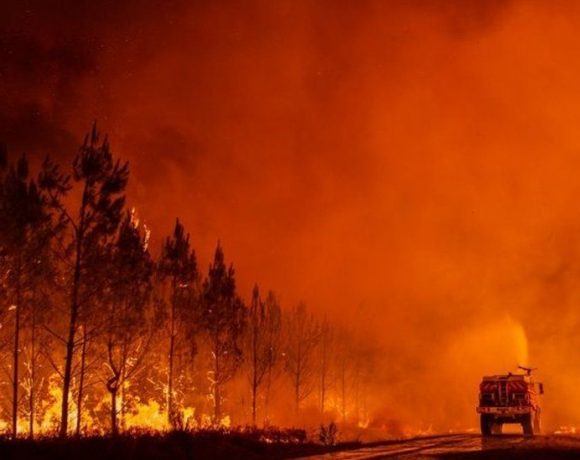
Michael Mosley, the well-known British broadcaster, has gone missing during his holiday on the Greek island of Symi. He was last seen on Wednesday when he set off on a walk to the island’s center. Despite initial search efforts, he has not been found. The search involves 25 people, including police, volunteers, and firefighters, along with a helicopter and drones. Mosley’s wife reported him missing after he left for his walk, leaving his phone behind. Efforts to locate him have expanded to include assistance from the Greek fire department and the use of CCTV footage.
The search has focused on the Pedi area of Symi, with divers now being deployed to investigate the possibility of Mosley having fallen into the sea. Local officials express concern, especially given the challenging conditions of the area and the hot weather, with temperatures exceeding 40°C. Despite efforts, there’s been no sign of Mosley, leaving many worried about his safety.
Mosley, known for his work on various BBC programs and his advocacy for intermittent fasting diets, was on holiday with his wife Clare, who is also a doctor. The Foreign Office is providing support to the family, and colleagues and friends have expressed their concern and hopes for his safe return.
Picture Courtesy: Google/images are subject to copyright



